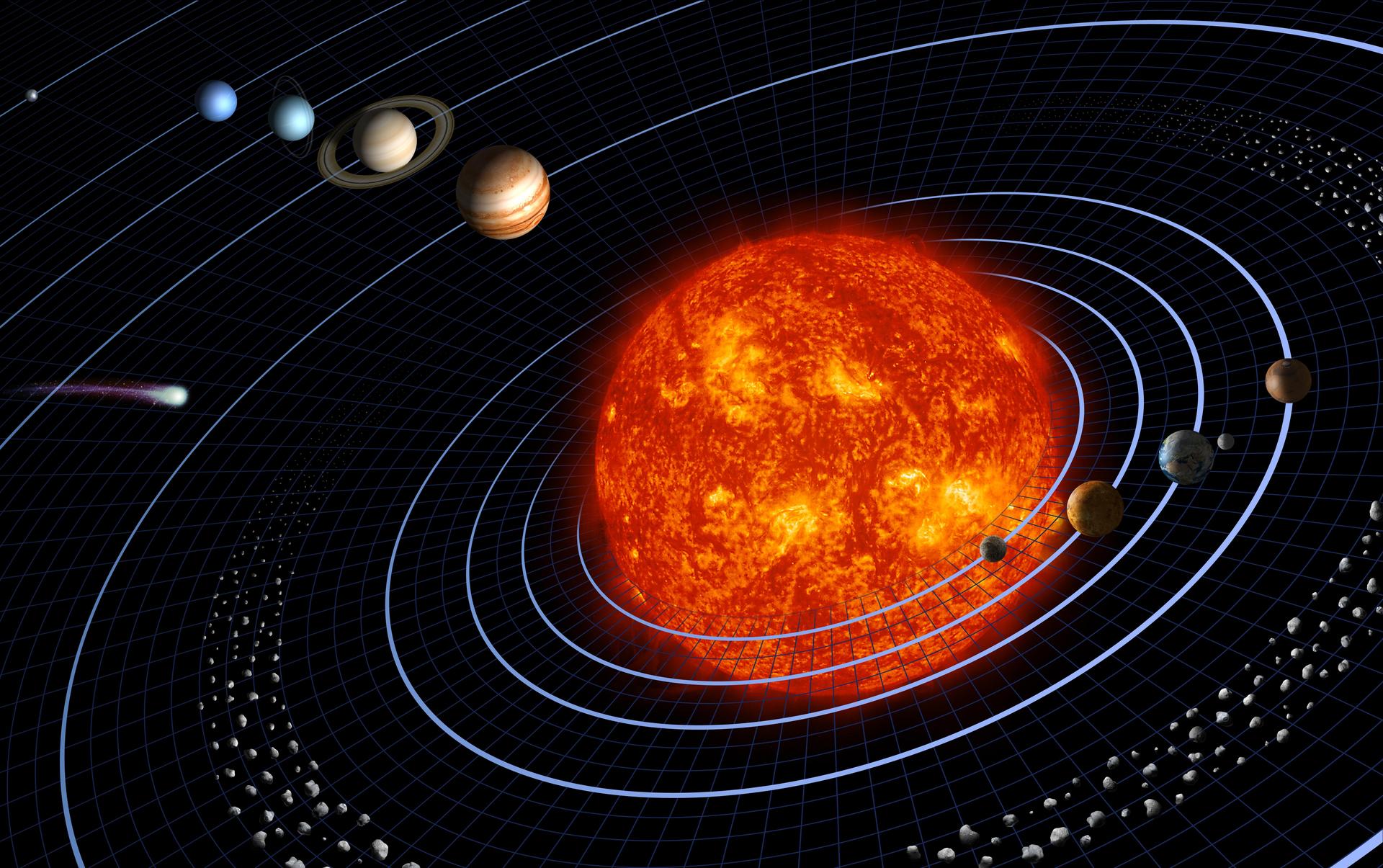What exactly is a planet? Scientists propose improved definition
July 11, 2024

July 11, 2024

The proposal refines current definitions that require planets to be round bodies which orbit our sun and have ‘cleared’ their neighbourhoods
Planetary scientists are proposing a new definition for what we can call a planet. If accepted, it would replace the current definition from 2006 that caused an uproar by demoting Pluto to a dwarf planet.
The new definition aims to start a conversation about what we call a planet—and what we don’t.
The organization that officially names objects in space, the International Astronomical Union (IAU), established the 2006 definition which specifies that to qualify as a planet, a celestial body must orbit our sun.
“We now know of thousands of ‘planets’ orbiting other stars, but the IAU definition applies only to those in our solar system, which is obviously a big flaw,” said Dr. Jean-Luc Margot, professor at the University of California, Los Angeles (UCLA) and lead author of a paper proposing the refined definition which will be published in the Planetary Science Journal, currently available as preprint. “We propose a new definition that can be applied to celestial bodies that orbit any star, stellar remnant, or brown dwarf.”
Dr. Margot will present the proposal at the IAU General Assembly in August, intending to provide clarity to some vague aspects of the current definition including that a planet must be massive enough that gravity has forced it into a spherical shape, and it has cleared away other objects near its orbit around the sun.
But how spherical must the planet be? And exactly what does ‘cleared away’ mean? Dr. Brett Gladman, professor in the UBC department of physics and astronomy, muses: “The Earth isn’t completely round, so how round does a planet have to be? If you look at a world orbiting another star, with current technology, we can’t measure the shape.”
“Additionally, Jupiter’s orbit is crossed by comets and asteroids, as is Earth’s. Have those planets not cleared their orbit and thus, aren’t actually planets? We’re drawing a line in the sand by putting some numbers to these definitions, to encourage our community to start the discussion: What exactly is a planet?”
In the new definition, a planet is a celestial body that:
In the paper, Drs. Margot and Gladman with co-author Tony Yang, a student at Chaparral High School in Temecula, Calif., also ran a mathematical algorithm on the properties of objects in our solar system to see which objects clustered together. The analysis revealed distinct groups of planetary bodies that can be used as a starting point for categorizing planets in general.
For example, if an object has enough gravity to clear a path by accumulating or ejecting smaller objects nearby, it is said to be dynamically dominant.
“All the planets in our solar system are dynamically dominant, but other objects, including dwarf planets like Pluto and asteroids, are not,” said Dr. Margot. “So this property can be included in the definition of planet.”
The requirement for dynamical dominance provides a lower limit on mass. But potential planets can also be too big to fit the new definition. Some gas giants, for example, are so large that thermonuclear fusion of deuterium occurs, and the object becomes a substar called a brown dwarf and therefore not a planet. This limit has been determined to be the mass of 13 or more Jupiters.
“Having definitions anchored to the most easily measurable quantity—mass—removes arguments about whether or not a specific object meets the criterion,” said Dr. Gladman. “This is a weakness of the current definition.”
For instance, the authors argue, the shape requirement is so difficult to implement that it is effectively useless for definitional purposes, even though planets are generally round. The good news is that, in the solar system, celestial bodies larger than 1021 kg appear to be round. So all bodies that satisfy the proposed lower limit on mass of 1023 kg are expected to be spherical.
While any official change to the IAU definition of planet is likely a few years away, the authors hope their work encourages more conversation about a planetary definition.
We honour xwməθkwəy̓ əm (Musqueam) on whose ancestral, unceded territory UBC Vancouver is situated. UBC Science is committed to building meaningful relationships with Indigenous peoples so we can advance Reconciliation and ensure traditional ways of knowing enrich our teaching and research.
Learn more: Musqueam First Nation